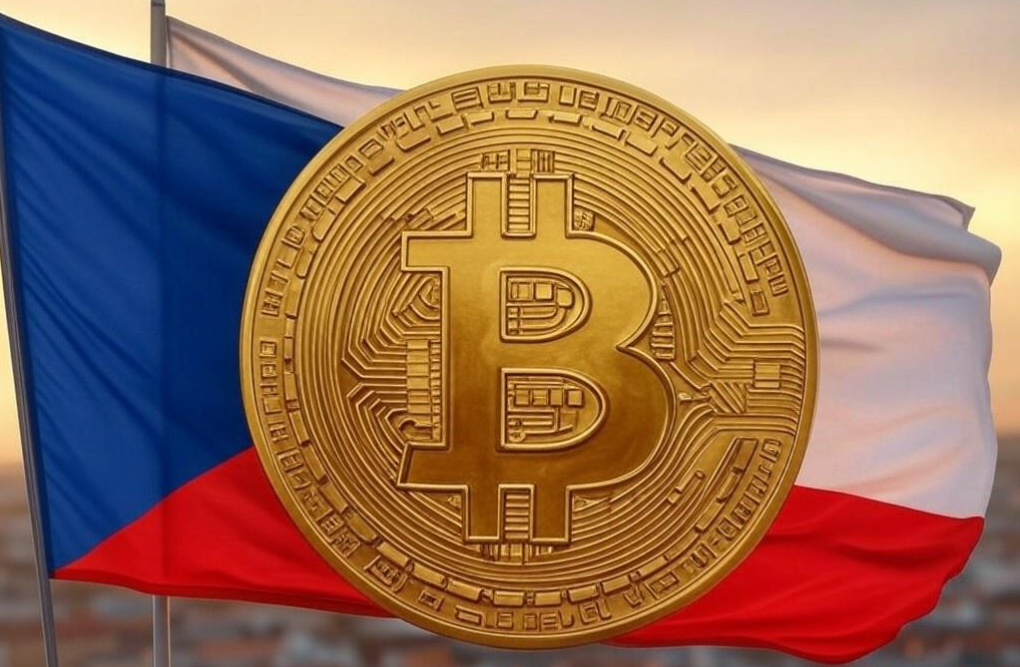- Czech National Bank plans to diversify reserves with Bitcoin, fueling cryptocurrency debates in central banking.
- The initiative aligns with global trends where nations like the U.S. are exploring Bitcoin as a strategic reserve, despite its inherent volatility.
In a groundbreaking revelation, Aleš Michl, the Governor of the Czech National Bank (CNB), has indicated his intention to incorporate Bitcoin into the bank’s reserve assets.
This ambitious move, while unconventional for a central banking institution, signals a potential shift in the role of cryptocurrencies within global financial systems. The decision, however, faces internal and external scrutiny due to Bitcoin’s volatility and regulatory concerns.
Bitcoin Enters Central Bank Discussions
Michl’s proposition to purchase Bitcoin as part of the CNB’s diversification strategy demonstrates a calculated and incremental approach to adopting this digital asset. Far from replacing traditional reserves like gold or foreign currencies, Bitcoin would serve as a supplementary asset within the bank’s portfolio.
This approach reflects the rising acknowledgment of cryptocurrencies as next-generation financial instruments.
While innovative, the plan is not without hurdles. Convincing the CNB’s seven-member board remains a critical challenge. Internal advisors, including Janis Aliapulios, have voiced caution, indicating that while immediate Bitcoin purchases are not planned, future deliberations on the matter are not entirely off the table.
Such cautious optimism suggests a growing, albeit measured, openness toward crypto-assets within traditional financial institutions.
A Global Perspective on Bitcoin as a Reserve
The Czech Republic is not alone in exploring Bitcoin‘s potential as a reserve asset. In the United States, Wyoming Senator Cynthia Lummis has championed the “Bitcoin Act,” advocating for Bitcoin to be recognized as a federal reserve asset.
This legislative proposal has gained bipartisan traction, highlighting shifting political dynamics in favor of cryptocurrency adoption.
Analysts like Adam Back predict transformative effects on Bitcoin‘s valuation if such initiatives materialize. A federal Bitcoin reserve could drive the price beyond $1 million, reflecting its growing perception as “digital gold.”
However, the journey toward widespread acceptance is fraught with challenges. Bitcoin‘s infamous price volatility remains a significant concern for policymakers who fear economic instability from large-scale crypto adoption.
As central banks increasingly explore Bitcoin, traditional definitions of safe reserve assets may evolve. Michl’s forward-thinking strategy positions the Czech Republic as a potential pioneer in this paradigm shift, though the road ahead is complex and uncertain.











